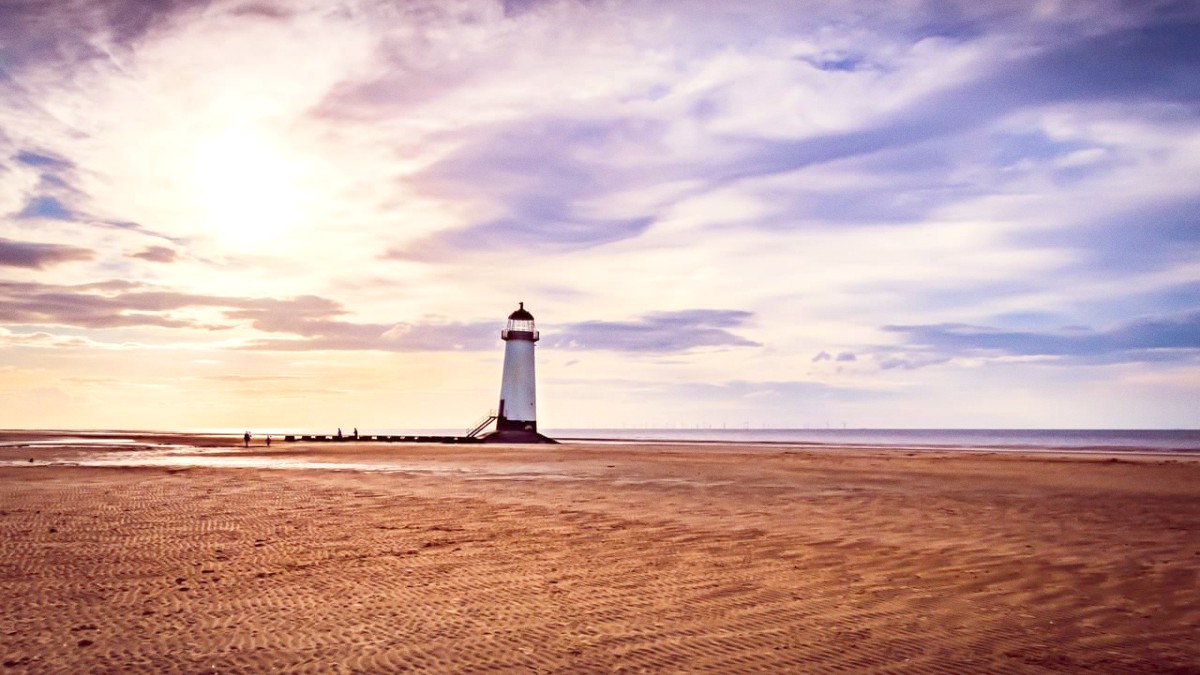
Northern France, France
Dunkirk's location in the Hauts-de-France region, historically French Flanders, heavily shapes its cuisine. Food here reflects working-class roots and the need for warming, substantial meals.
Brewing is a historical activity, with beer often featuring as an ingredient in local dishes.
Mussels (moules), various fish (cod, herring, plaice), and shrimp are staples, reflecting the city's coastal position.
Endives (chicons), potatoes, leeks, and carrots appear in comforting stews. Local beers are used as a base for stews and sauces, adding malty depth.
Maroilles cheese is a local icon. Brown sugar (vergeoise) and gingerbread (pain d'épices) balance rich, savory dishes with a sweet-sour note.
Fresh mussels steamed in a flavorful broth, served in a large pot with a side of crispy French fries.
Find it at: La Sirène or Le Corsaire in Malo-les-Bains.
A rich beef stew slow-cooked in dark beer with onions, bacon, and gingerbread spread with mustard. Served with potatoes or frites.
Find it at: Traditional brasseries and estaminets in the city center.
A traditional Flemish potted meat terrine, typically with four white meats, set in clear aspic. Served cold, usually with fries and a salad.
Find it at: Traditional regional restaurants specializing in Flemish cuisine.
Northern France has a strong brewing tradition. Local beers, especially "bières de garde" (keeping beers), are popular, often amber or brown with malty flavors.
Chicory is widely cultivated in the region and often roasted for a coffee substitute or blended with coffee, having a slightly bitter, earthy flavor.
Dunkirk has establishments offering elevated French or Flemish cuisine with a focus on quality ingredients and refined presentation. Look for sophisticated dining atmospheres.
These form the backbone of Dunkirk's dining scene. Find numerous brasseries, traditional French restaurants, and seafood eateries in the city center and along Malo-les-Bains promenade.
For quick, satisfying, and inexpensive meals, Dunkirk has plenty of choices, including ubiquitous fry shops and bakeries.
Alongside traditional French and Flemish fare, a selection of international restaurants is available.
These include pizzerias, Italian restaurants, and Asian (Chinese, Vietnamese, Japanese) eateries.
Many international options, including kebab shops, are specifically in the city center.
These spots cater to diverse tastes for visitors and locals alike.
Indoor market with food stalls, butchers, fishmongers, and fresh produce vendors.
Place de la République (City Center): Food, clothing, and general goods on Wednesday mornings.
Place Turenne (City Center): Focuses on food and local produce on Saturday mornings.
Fresh produce and local items near the beach on Friday mornings.
Awareness of "sans gluten" options is growing. Larger restaurants or those with modern menus might accommodate.
For severe allergies, carry translation cards explaining your dietary needs in French.
Inquire about "sans lactose" options. Be explicit about cross-contamination concerns.
Shopping at supermarkets and preparing meals can be a safe option for strict dietary requirements.
A basic phrasebook or a translation app can be invaluable for communicating your dietary needs in French.
Shopping at supermarkets and preparing some of your meals is the safest option for strict dietary requirements.
Dedicated cooking classes for Dunkirk's Flemish cuisine are not widely available in the city. Nearby cities like Lille may offer such experiences as a day trip.
In the wider Nord region, find opportunities to visit local breweries (brasseries artisanales) to learn about beer production and sample regional brews.
Local markets highlight seasonal produce and regional specialties. The Dunkirk Carnival has specific food traditions associated with it.
Spiced shortbread biscuits with distinct caramel and spice flavor. Often served with coffee.
A delicious and characteristic souvenir.
A savory tart made with Maroilles cheese, cream, and sometimes eggs. The pungent cheese mellows during baking.
Creates a rich, flavorful tart.
During the Carnival (February/March), specific rich, sweet breads and pastries are made and shared among participants.
While available year-round, certain seafood, like fresh herring, may be more abundant and celebrated during specific fishing seasons.
Local markets frequently highlight seasonal produce and regional specialties throughout the year, reflecting the harvest cycle.
When ordering, try to use a few French phrases like "Je voudrais..." (I would like...) or "C'est délicieux!" (It's delicious!). Local efforts to speak the language are always appreciated.